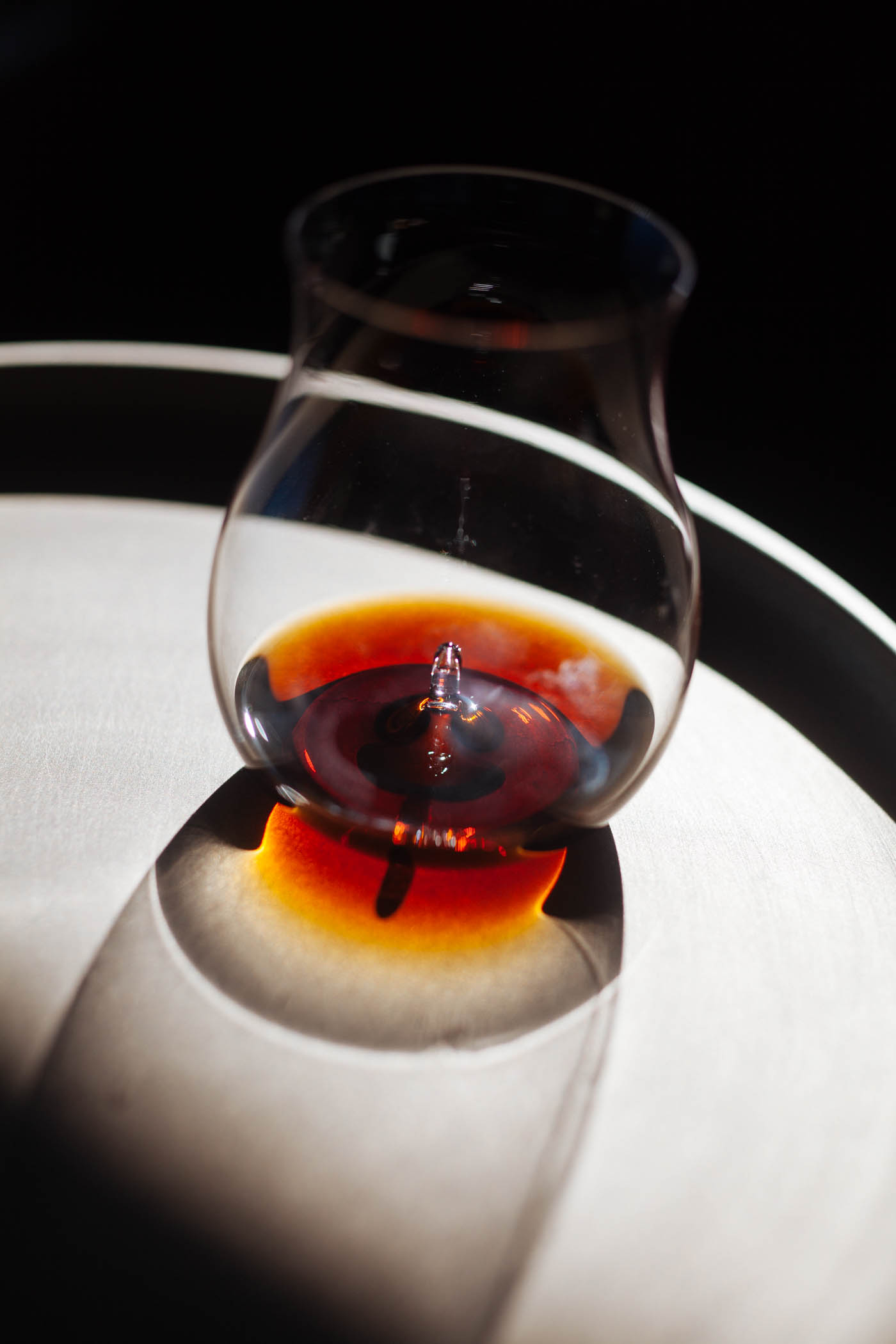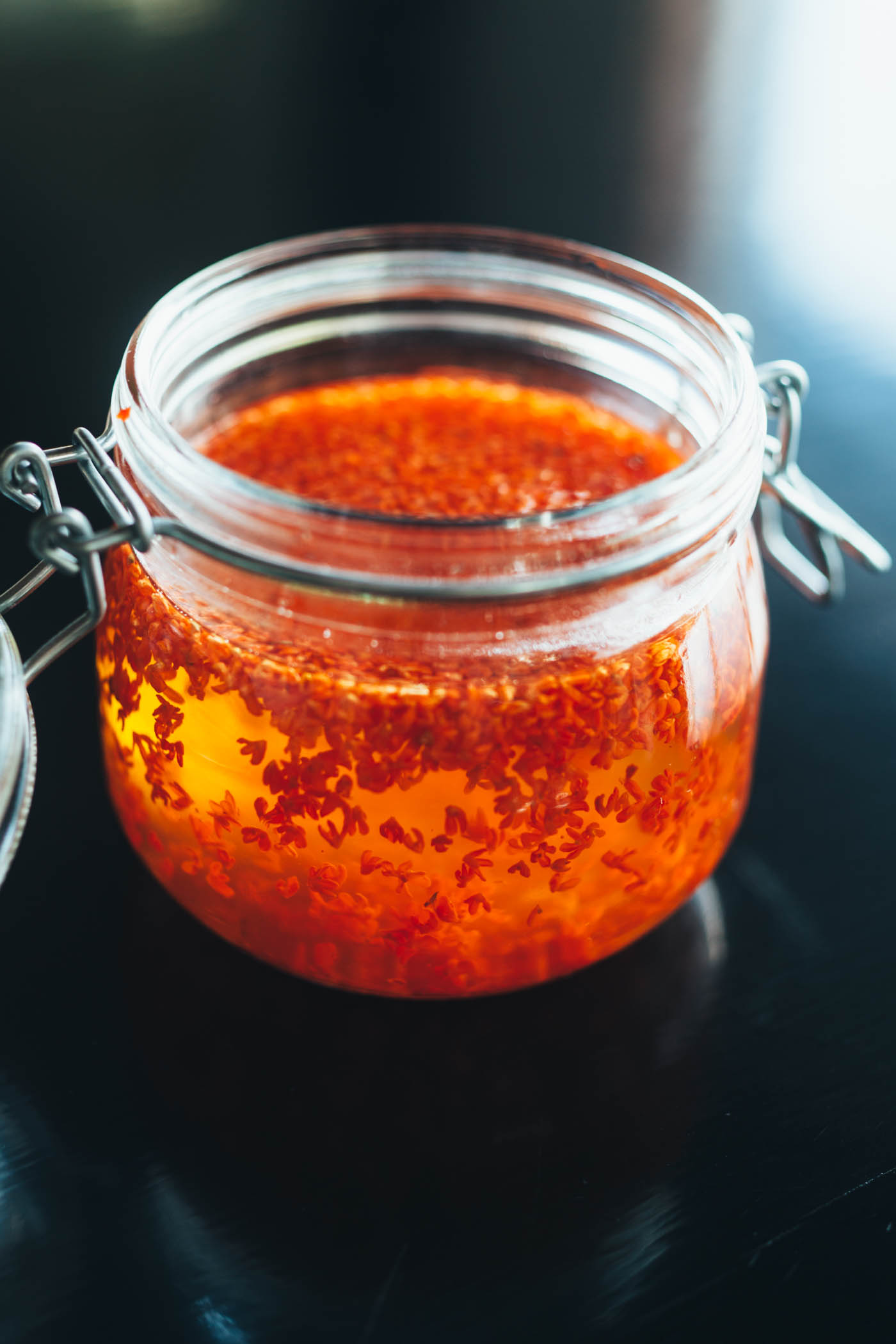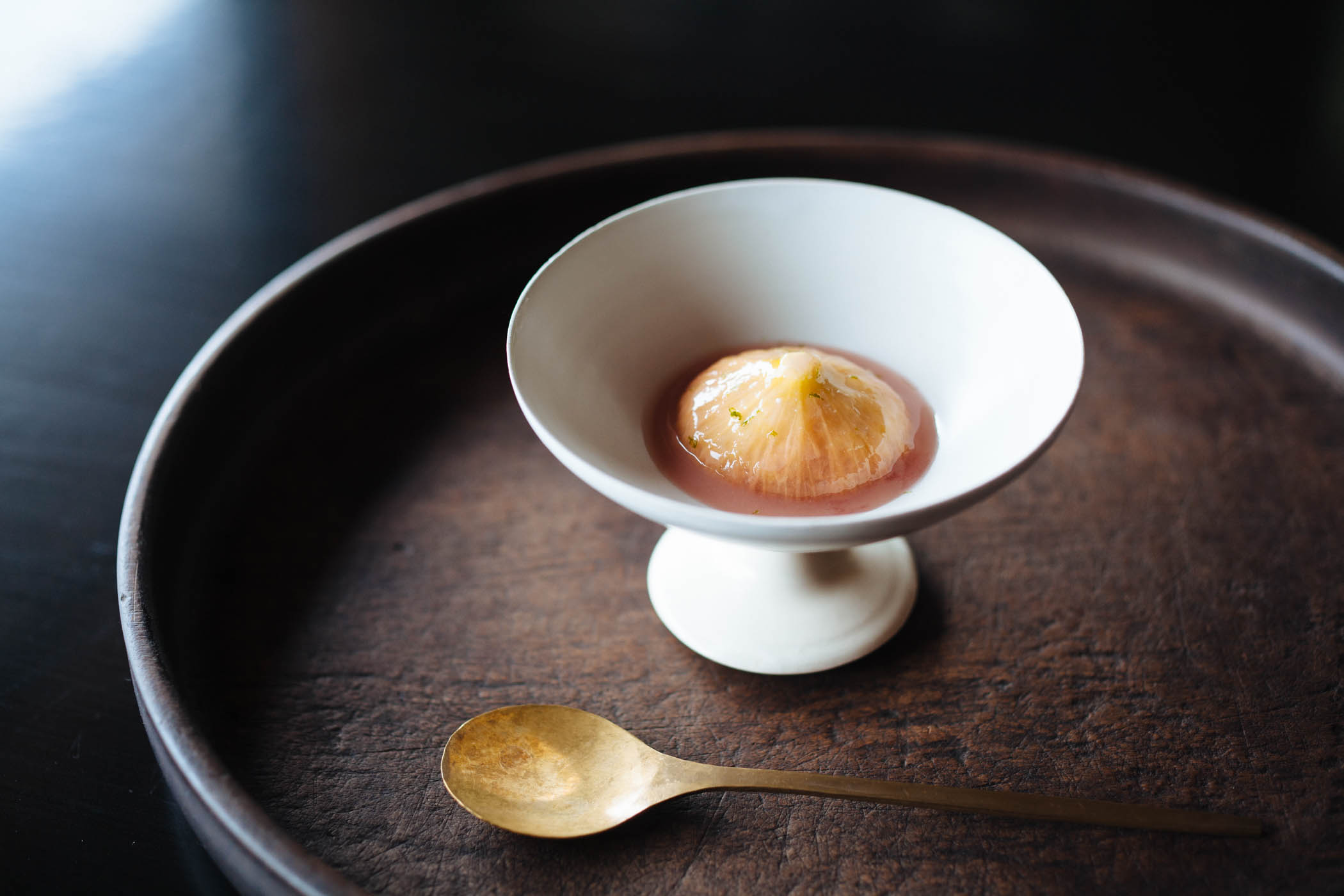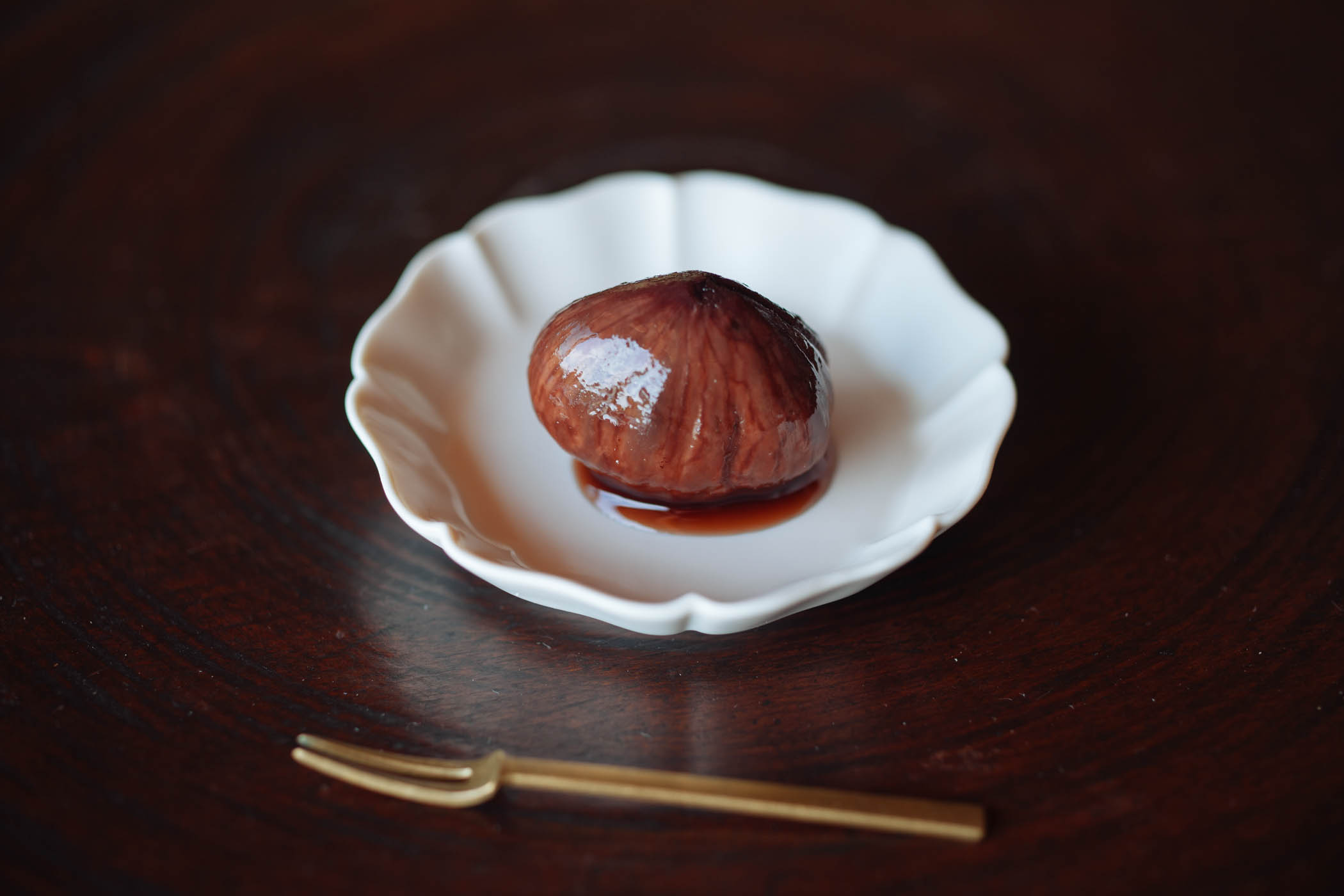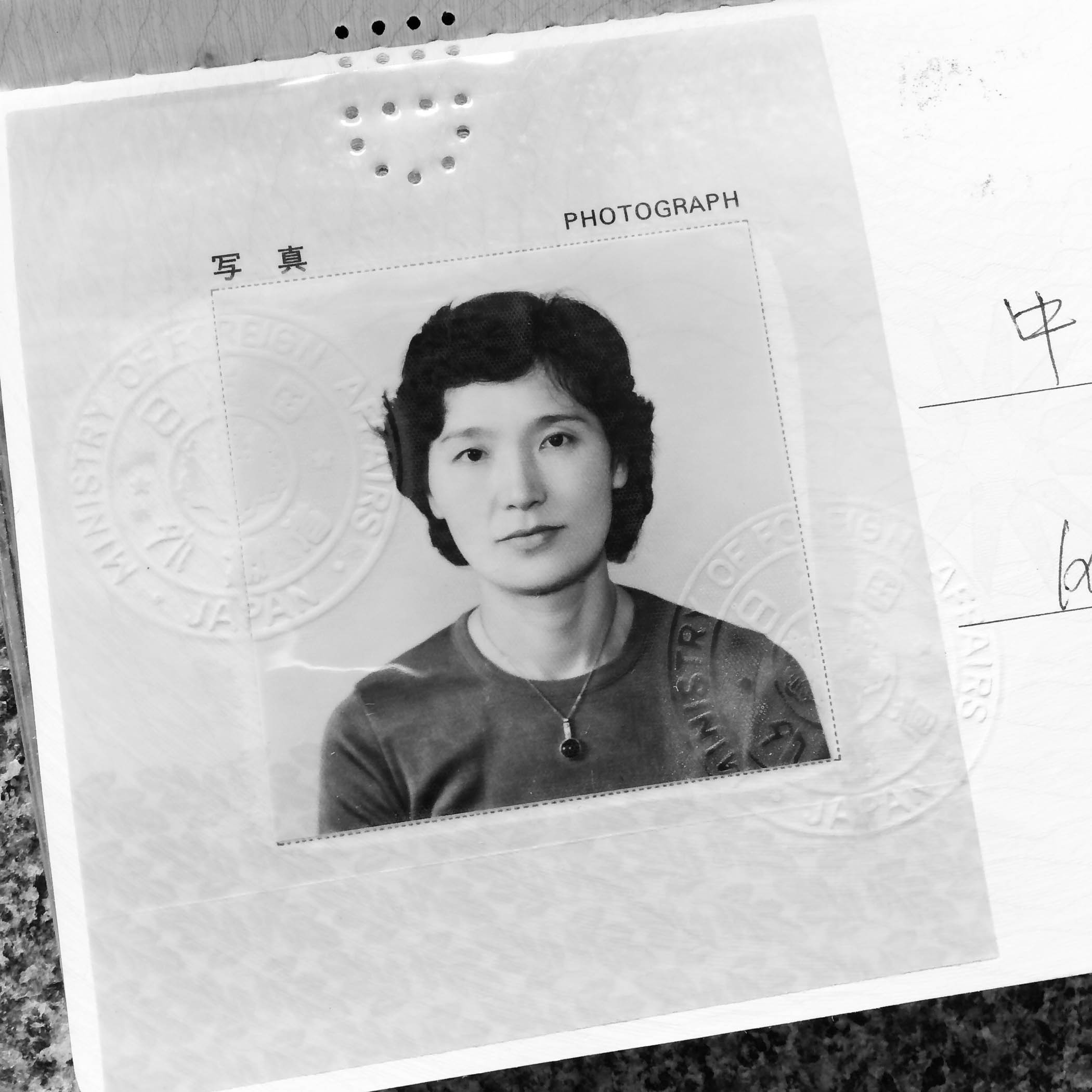
If Kuniko, my mother-in-law, were to write the story of her life it might read more as a menu than a memoir.
Kuniko was a young girl during WWII in Japan. One day she was told to evacuate from her family home in the center of town to her grandmother’s house in the countryside a few miles away. She can’t call to mind why. She doesn’t recall if, after all, the evacuation was warranted. But she does remember that her mother, in the final moments before sending her off, packed her steaming rice balls with a miso filling. It was as unusual as the day.
Not so many months later, after Fat Man fell 50 miles to the south, victorious American troops drove through the streets of her town tossing candies to children. She squared her shoulders and scoffed, they throw morsels at us as to animals in the zoo. But when incorrigible curiosity compelled her to pick one up, remove the wrapper and place it on her tongue, she experienced a sweet pleasure beyond anything ever imagined. A culture with such intense and refined sweets must know no bounds in cleverness and riches. To this child of 7 it seemed no wonder that the allies of the west had won.
Kuniko builds her tales around taste. If you ask her about France, she’ll talk about omelets. If you ask her about Italy, she’ll tell you of white truffles. If you ask her about Maine, all the particulars are filed behind an unforgettable wood-fired pizza. She’ll detail the flavor, texture, smell, color, temperature, and probably a whole lot more.
Though I’m apt to tease her victuals centered mind, if truth were told, I envy it. Taste is her portal, her rationale, and the key to her own remembered past. How much more vivid and full the memories might be if I could recall the meals involved.
I’m trying to remember now. There were roasted chickens, my mom and I, just the two of us picking at the crispy skin long after clearing our plates. There were black bottom pies for dessert on birthdays and even better at breakfast the next day. I can see my father’s back, standing at the counter, piling kale, carrots, onions, garlic, and purple cabbage in preparation for a stir fry that we might heap over brown rice. But these are unanchored distant impressions, the general form of edibles in chapters of my life.
Kuniko, more than I, was destined for such a memory. On her first birthday in the winter of 1939, as per tradition, her parents placed several objects before her. Her choice would predict her destiny. If she grabbed the pencil, she might become a writer. If she reached for the calculator, perhaps accounting would suit her. Baby Kuniko reached decidedly for the chopsticks.

